Advertisement
Proper etiquette for asking others to comply with mask rules

Asking friends or family to wear a face mask can be a sensitive subject, but when it comes to encountering a stranger in public who isn’t wearing a mask – it can feel frustrating and downright awkward.
Advertisement
Cleveland Clinic is a non-profit academic medical center. Advertising on our site helps support our mission. We do not endorse non-Cleveland Clinic products or services. Policy
Behavioral health therapist Kathy Barringer, LPCC, discusses the best way to approach this situation.
When it comes to the experts, the general rule of thumb is to just steer clear of the person not wearing a face mask or not wearing one correctly. And although this recommendation can be frustrating, especially as COVID-19 cases continue to skyrocket, Barringer says it’s primarily for safety reasons.
“No one likes to be controlled or told what to do, so the person might become angry or defensive towards you for confronting them, especially if you aren’t discreet about it,” she explains. “It can become an unsafe situation, particularly if the person isn’t easily persuaded.”
Making someone feel violated, ashamed or embarrassed only makes people less likely to change. This principle holds true in general – not just with face mask regulations.
Rather than risk confrontation, it’s recommended to maintain six feet of distance, make sure your own mask is on correctly and avoid that person.
The only time Barringer recommends personally asking someone in public to wear a face mask is during high-risk situations. If you tried to control your own actions and it’s impossible to maintain space or avoid the person, consider your approach very carefully.
Advertisement
“Pick your battles for the most high-risk situations,” she says. “If you’re in a very small coffee shop or office and physically cannot walk away or leave, that’s when you should say something.”
You’ll need to be respectful and non-threatening when you make your request. Loudly shaming someone, directly telling them what to do or being rude will likely backfire. Try to quietly speak with him or her at a safe distance so just the two of you can hear.
Site official health recommendations when making your request. The person is less likely to feel threatened if you steer clear of making it about anything personal. It’s not intended to, but it can come across as controlling if you make it about yourself. Focus on the general health of the community and the information we have available to us.
Try:
“All of the information we have right now says that wearing a face mask is the best way to keep yourself and others safe. Would you be willing to put your mask on or pull it up over your nose?”
“Health officials have recommended that everyone in the community wear a face mask to protect each other and to help our hospitals. Would you be willing to put your mask on or pull it up over your nose?”
If you can’t help interacting with this person (or maybe you politely asked them to wear a mask and they refused), consider asking the store manager or an employee to step in.
“One thing you can try is to get someone who’s in charge involved,” suggest Barringer. “But then you have to let go of whatever happens after that. It could be the fifth person that the manager has asked to wear a face mask and they’ve been screamed at each time, so take that into consideration.”
People everywhere are feeling fatigued when it comes to COVID-19 regulations, she continues. There’s an exhaustion that comes with the day in and day out of trying to uphold rules and getting people to comply. That doesn’t mean we can throw all caution to the wind, but we need to be understanding of that.
You might be innocently surprised by a person’s reaction to someone asking them to wear a face mask. After all, we’re collectively going through a lot as we try to navigate our first pandemic!
Some people simply forget their mask in the car. Other people just aren’t paying attention when they stand too close to you in line, but if you take a step back, your body language and movement might be enough to remind them. Try to approach these situations with compassion, understanding and kindness.
If you’re in a situation where you don’t have control of what’s happening around you, you still have a choice to control your own actions and your own response.
Advertisement
“When we start trying to control other people it becomes problematic,” says Barringer. “Recognize that getting upset over someone else not wearing a mask won’t serve you. You don’t have control over them, but you do have control over yourself.”
When you see someone in the store wearing their mask around their chin, instead of getting angry, walk away and take some deep breathes. Then, take a moment and ask yourself what you can do right now to protect yourself and your family.
Can you leave? Can you avoid them? Can you make sure your own mask is on correctly?
Our power lies in knowing that we control our response to what’s happening around us. We can let it upset us, or we can let it go.
Advertisement
Learn more about our editorial process.
Advertisement
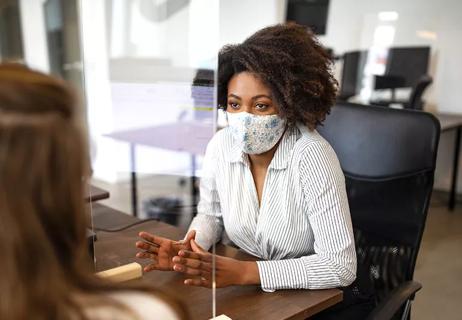
No, but find out how you could be making things more uncomfortable
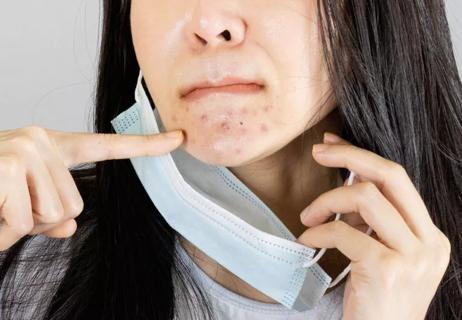
Here's what you can do to help prevent it
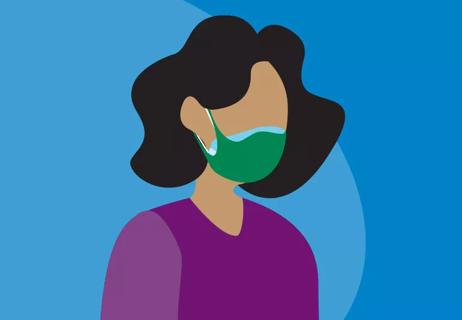
The short answer from an infectious disease specialist

What to know about running in a face mask during the coronavirus pandemic
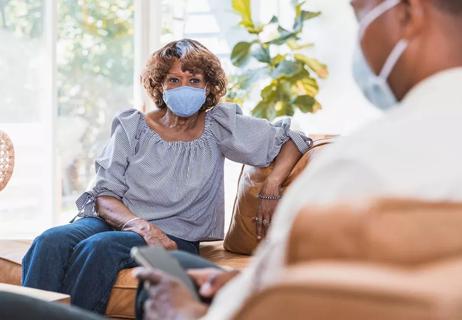
Learn how one simple action can help keep the whole family safe
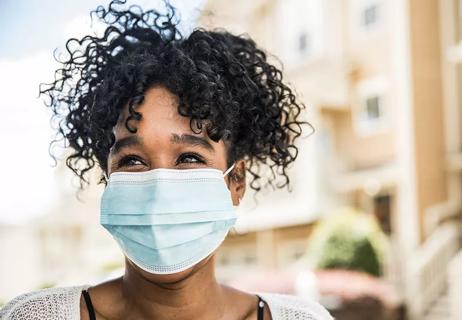
Talking points from a healthcare provider
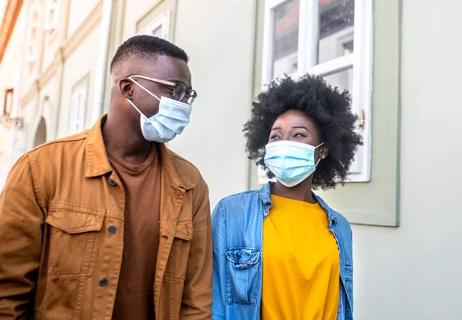
The short answer from an infectious disease specialist

Get the short answer from a pulmonologist

If you’re feeling short of breath, sleep can be tough — propping yourself up or sleeping on your side may help

If you fear the unknown or find yourself needing reassurance often, you may identify with this attachment style

If you’re looking to boost your gut health, it’s better to get fiber from whole foods